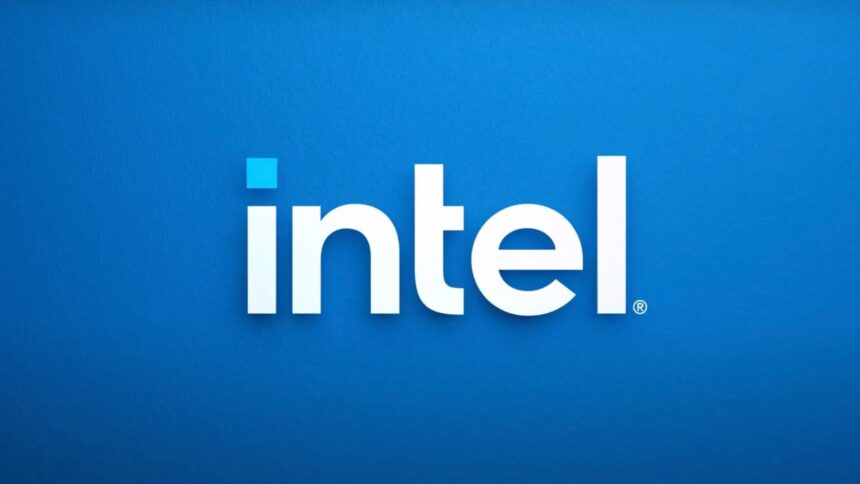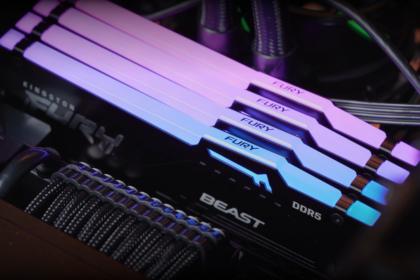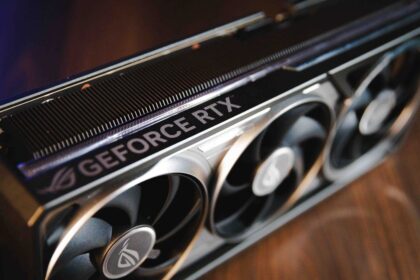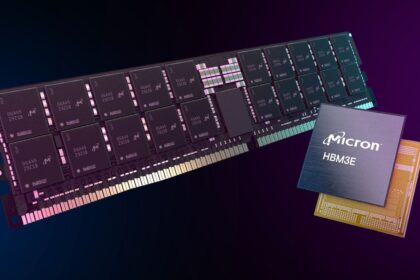In a significant development poised to reshape the technological landscape, Microsoft and Intel have unveiled a collaboration agreement for chip manufacturing at Intel facilities.
This landmark agreement, valued at over $15 billion, not only bolsters Intel’s stature as a premier provider of chip foundry services but also underscores the increasing trend of technology firms designing their semiconductors.
Intel becomes even more critical to Microsoft.
Intel will manufacture custom chips designed by Microsoft, marking a significant milestone in the industry and emphasizing the importance of innovation and customization in the semiconductor sector. While the exact applications of these chips have not been specified, they are expected to play a crucial role in developing AI processors and accelerators internally designed by Microsoft.
This collaboration highlights the growing demand for tailored semiconductor solutions to meet the evolving needs of technology companies.
Pat Gelsinger was right in his proposal.
Intel’s commitment to its 18 It signifies its dedication to innovation and excellence in chip manufacturing. With Pat Gelsinger reinstated as CEO, Intel is actively striving to reclaim its leadership position in the semiconductor industry, and the collaboration with Microsoft is a significant step in that direction.
By offering its factories for other companies to manufacture their chips, Intel has made a strategic move that has proven remarkably successful, catapulting the company out of obscurity and into prominence once again.
Microsoft’s decision to partner with Intel reflects a broader trend in the industry: an increasing number of companies are opting to design and produce their chips to maintain control over the core technology of their products. This strategy has proven highly effective for Intel’s competitor, TSMC, which has forged lucrative partnerships with industry giants like Apple, Qualcomm, and AMD.
A very interesting future
Despite the deal’s potential, Intel does face challenges, including the delay in opening its $20 billion chip plant in Ohio until 2026. However, the collaboration with Microsoft could serve as the catalyst that propels Intel into a new era of success and industry dominance.
By leveraging the expertise and resources of both companies, Intel has the opportunity to overcome obstacles and emerge as a leader in chip manufacturing and innovation. This collaboration could pave the way for Intel to strengthen its position in the market and drive significant advancements in semiconductor technology.











